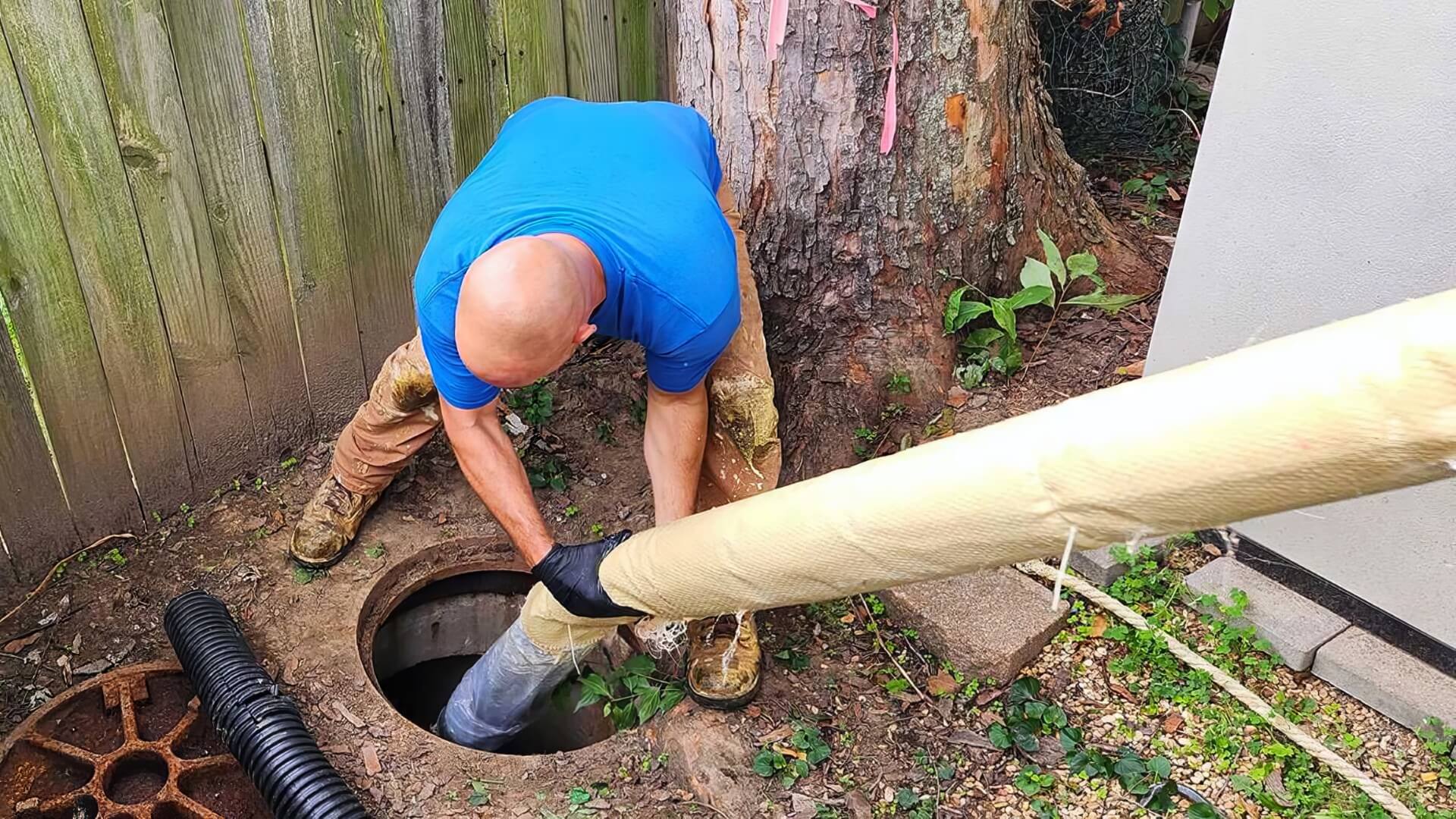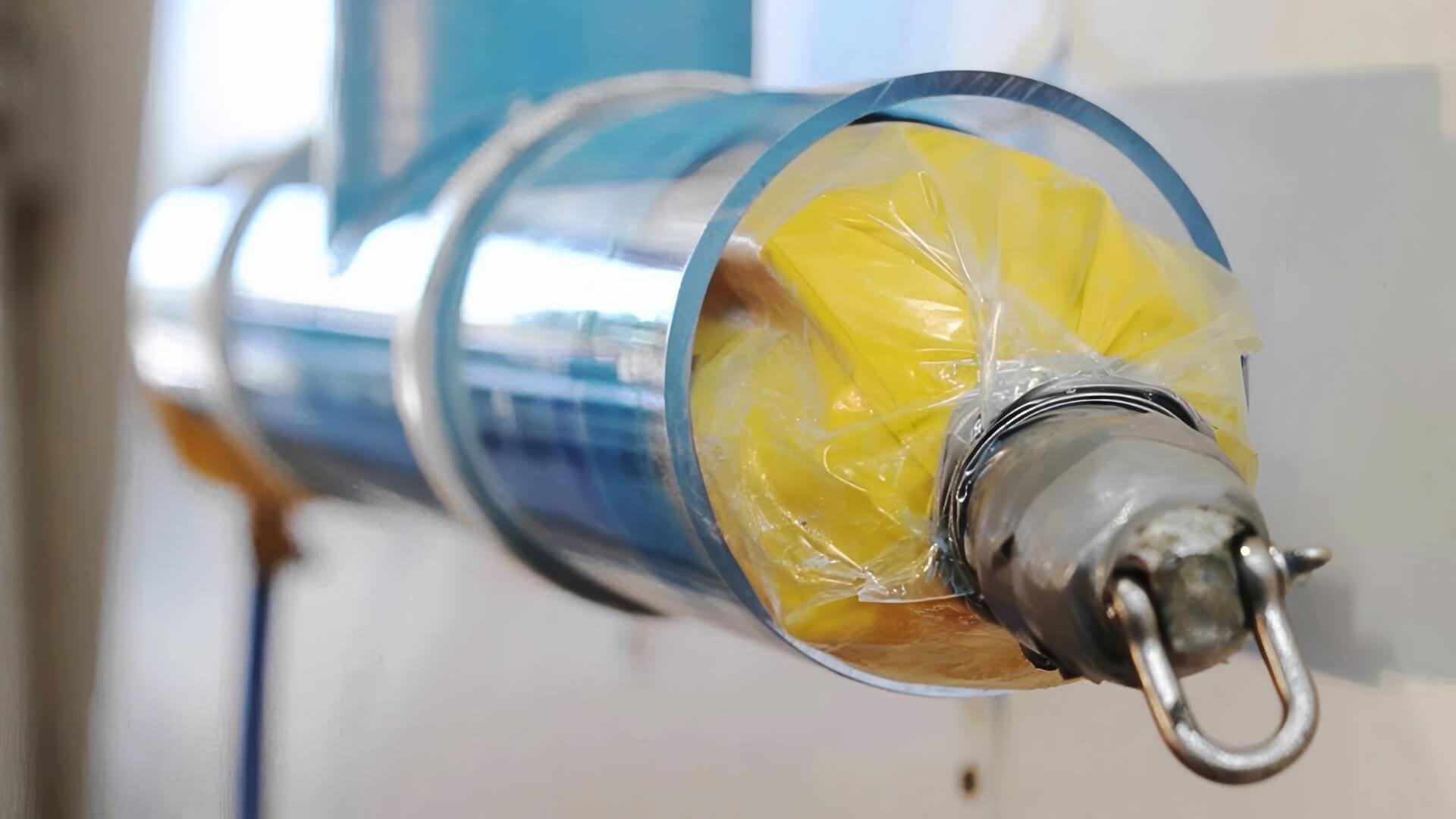Introduction to the Dangers and Health Risks of Gas Leaks
Gas leaks are a significant health and safety hazard. Exposure to a natural gas leak or combustion products like carbon monoxide can cause severe illnesses, injuries, and even death. It’s essential for households to comprehend the dangers and have a response plan for gas leaks.
Inhalation of natural gas could result in oxygen deprivation, organ damage, and neurological issues.
Carbon monoxide (CO) is deviously dangerous, being invisible and odourless; it can accumulate to deadly levels undetected, causing symptoms akin to natural gas exposure. Longer-term low-level exposure is also extremely dangerous, potentially compromising indoor air quality and inducing heart disease, neurological disorders, and respiratory failure.
Gas leaks emit air pollutants and fumes that threaten public health by increasing the risk of fires and explosions. Even a tiny spark can set off leaking gas, leading to severe property damage or loss of life upon exposure. Major gas leaks can worsen air pollution and exacerbate climate change due to insufficient fresh air to clear the pollutants.
Identifying signs of a gas leak, like the distinctive 'rotten egg’ smell, and applying detection techniques can protect your family. Preventative safety tips like regular appliance inspections and installation of carbon monoxide detectors can also help mitigate risks.
This guide explains the health effects of gas leaks, how to detect and react to them, and measures to ensure your home’s safety. Following these guidelines is crucial for averting potential harm.
How to Recognize the Signs of a Gas Leak
Several crucial indications may signal a gas leak in your home, highlighting immediate risk:
- Rotten Egg Smell - To aid in leak detection, gas companies add ethyl mercaptan to natural gas – giving it that distinguishable "rotten egg" odour to signal potential leaks.
- Hissing Sound - Listen for any hissing or roaring coming from pipes near gas line appliances. This sound, accompanying signs like nausea dizziness, could signify escaping gas.
- Dead Plants/Grass - The death of vegetation near your gas lines can be a tell-tale sign of gas leaks that displace oxygen in the soil. Should you, or your pet, discover a dead patch of plants or grass near a gas line, it might signal a leak, warranting a careful examination of nearby gas piping.
- Dirt Blowing from Pipes - Underground gas leaks can displace soil, causing it to blow out from around pipes, metres, or appliances.
- Bubbling Water - Gas leaks in water can cause bubbles, just like opening a soda bottle. Watch for this near ponds, creeks, or wet areas outside your home after heavy rains.
Rely on your senses; upon smelling gas or noticing any leak indicators, act swiftly and get in touch with a licensed plumber. Evacuate the area, call 000 immediately, and contact your gas supplier or a licensed gas plumber to inspect for leaks. To set up carbon monoxide detectors, follow the manufacturer’s instructions, which will alert you to harmful exposure.
Health Effects and Symptoms of Gas Leak Exposure
Exposure to a gas leak can result in immediate and possibly severe symptoms. The most common symptoms carbon monoxide and natural gas exposure include:
- Headaches – Both natural gas and carbon monoxide can trigger headaches or migraines.
- Dizziness – Toxic gases displace oxygen in your blood, leaving you lightheaded.
- Nausea and vomiting – Your body reacts to poisonous fumes by trying to expel them.
- Eye, nose and throat irritation - Gas particles can irritate mucous membranes.
- Breathing difficulties – Lung function may be impaired as you inhale dangerous vapours.
In severe cases, should you suspect a gas leak in your home, it can lead to seizures, loss of consciousness, coma or even death. Anyone experiencing symptoms carbon monoxide or natural gas exposure should get fresh air immediately and seek medical attention, particularly if related health issues persist or worsen.
Being aware of these common side effects can help you recognise and respond promptly to gas leaks. If you or loved ones ever exhibit symptoms natural gas without explanation, suspect gas leakage and take safety precautions right away.
Short-Term Health Impacts
Exposure to gas leaks can cause a lack oxygen with immediate health effects that may be severe but are often reversible if caught early and treated properly. Symptoms generally appear within hours of initial exposure.
Short-term inhalation of leaking natural gas or combustion byproducts, including carbon monoxide and carbon dioxide, impairs the bloodstream’s oxygen transport capacity. This can quickly lead to flu-like symptoms such as:
- Headaches
- Dizziness
- Nausea and vomiting
- Fatigue and weakness
- Chest tightness or rapid breathing
Higher concentrations or longer exposure times can also impact your appliances, and cause confusion, vision problems, loss of coordination, or fainting, which are symptoms natural gas leak in the case of a leak at your home. In extreme cases, a gas leak when gas levels are very high can cause seizures, coma, or death.
The effects of acute symptoms gas inhalation are usually reversible once you get to fresh air and receive appropriate medical care. However, delays in treatment raise the risks of lasting harm. Seek help immediately after gas leak symptoms are observed in your family or others.
Being attuned to these potential short-term health impacts emphasises the need for quick response. Evacuate and ventilate the affected area at the first signs of exposure, then get medical assistance to address any resulting symptoms.
Long-Term Health Consequences
Repeated or extended exposure to defective gas appliances can lead to serious and potentially irreversible long-term health consequences, similar to those from a natural gas leak. We recommend being aware of these possible neurological, cardiovascular, respiratory, and reproductive damages that may not be immediately evident but can significantly impact well-being and life expectancy.
Chronic exposure to gas leaks can lead to serious neurological damage due to carbon monoxide poisoning or oxygen deprivation. This can permanently affect coordination, cognition, personality, and memory. Continued exposure also heightens risks for stroke, seizures and dementia.
Respiratory illnesses may also emerge or worsen with recurring gas inhalation. Some effects like chronic obstructive pulmonary disease (COPD) involve irreversible lung damage and disabling breathlessness.
Lasting cardiovascular impacts from longterm exposure ranging from recurring chest pain to increased heart disease likelihood have been associated with low-level carbon monoxide exposure over many months or years.
Reproductive issues including infertility and pregnancy complications may arise as well. Developing foetuses are especially vulnerable.
While acute symptoms may resolve if you escape periodic exposure, cumulative harm from a gas leak in your house is probable without intervention. Get a full health evaluation after any substantial leak. Monitoring for any long term health problems is essential.
Ultimately, durable neurological, cardio, pulmonary and reproductive injury can result from failures to address gas leaks early in your house. Preventative action is key to averting lasting detriment to your health.
Risk of Carbon Monoxide Poisoning
Carbon monoxide poisoning stands out as one of the most perilous health risks associated with gas leaks. This odourless, invisible gas binds to red blood cells 200 times more readily than oxygen, preventing the body from getting enough oxygen to function properly.
Low-level carbon monoxide exposure over weeks or months can cause fatigue, confusion and memory issues. But at higher concentrations, symptoms can occur rapidly escalating from dizziness, headache and nausea to loss of consciousness, respiratory failure or even death.
Garages, kitchens with gas appliances, and bathrooms, lacking proper ventilation, are at high risk for carbon monoxide accumulation. Malfunctioning or improperly installed gas heater systems, a gas stove, and unflued gas heaters are common culprits of natural gas leaks, especially when there is negligence. Indoor use of gas heaters or operating a car in an attached garage can often result in accidental poisoning.
Preventative measures for your gas heater are vital since carbon monoxide is undetectable without CO alarms. For homes using natural gas, install Energy Safe Victoria-certified detectors on each level, adhering to the manufacturer’s guidelines. Conduct annual furnace and flue inspections, never use indoor gas appliances without proper ventilation, and promptly address any appliance issues that could enable leakage.
If a CO alarm sounds, leaving no doubt of its warning, If unsure about the presence of gas, evacuate immediately As a safety measure, then promptly seek professional assistance. Seek prompt medical care by making a call your local hospital for any CO poisoning symptoms, as delayed treatment heightens the risk of lasting neurological damage or death.
Risk of Fire and Explosion
Natural and LPG gas used in homes are extremely flammable, posing significant fire and explosion dangers. When gas concentrations as low as 5% are exposed to an open flame or electrical spark, they can ignite. Undetected gas accumulation within confined areas presents extreme dangers.
Potential ignition sources abound within homes, and fire or explosion can happen from pilot lights, electric switches, garage door openers, vehicle engines and more. Appliances such as gas stoves and water heaters are potential initiators of sparking and consequent leaks. It only takes a small spark to ignite gas leaking and cause an explosion.
Gas blasts, when ignited by leaked natural gas, can cause severe injuries, fatalities, and extensive property damage. Entire buildings could be levelled.
Being knowledgeable about natural gas safety and taking proactive measures are fundamental to preventing accidents.
Have your gas line routinely inspected and immediately repair any detected leaks. Installation mistakes also often enable dangerous leakage, so Use only licensed gasfitter services and other professionals. Further reduce risks by mounting appliances away from corners and regularly maintaining them per manufacturer specifications, positioning them away gas appliances.
Moreover, home safety necessitates functional smoke and gas detectors. These devices can alert residents of hazardous gas buildup before disaster strikes. Preventative steps can significantly reduce the risk of serious harm.
Immediate Actions if You Suspect a Gas Leak
If you smell gas or notice any other signs of a potential leak your house, take swift preventative action:
- Evacuate everyone from the area immediately, ensuring to keep lights off to prevent any sparks. Proceed to a location with fresh air and ensure all household members are accounted for.
- Avoid using phones, electrical switches/appliances, garage door openers, vehicle ignition systems or other devices that could produce sparks and ignite leaking gas.
- Call 000 once safely away from the site of the suspected leak. Emergency services can assess and address threats.
- Contact your gas company provider or a plumber gas fitter like Cherrybrook Plumbing on 1300 349 338 to inspect for leaks and pipe damage.
- Do not re-enter an affected building or area until emergency responders confirm it is safe to return.
Embracing these basic safety steps could be lifesaving to prevent gas leaks in the unfortunate event of a gas leak. Prioritise evacuation, then alert emergency services and licensed technicians to assess and fix potential leaks.
Preventing and Detecting Gas Leaks
There are several key steps you can take to help prevent and detect dangerous gas leaks:
Prevention Tips
- Have your gas appliances serviced and make sure to turn off gas sources annually by a licenced technician
- Visually inspect pipes and fittings regularly for corrosion or damage
- Clean appliance vents to prevent blockages
- Ensure there’s no obstruction to the flow of gas supply and fresh air around combustion appliances
- Repair leaks and installation issues immediately
Detection Strategies
- Conduct periodic sniff tests around appliances and metre areas
- Be vigilant for signs gas like debris being expelled from piping systems
- Install a natural gas detector for permanent monitoring
- Have a professional inspection annually or if anything seems abnormal
Taking preventative measures and staying vigilant for any signs of leakage are vital protective steps. Contact Cherrybrook Plumbing on 1300 349 338 if you have any concerns about potential gas leaks or want to inquire about detector installation.
When to Call a Professional for Help
It’s crucial to contact qualified gas servicing professionals promptly in certain situations related to potential gas leaks and general upkeep:
Emergency Scenarios
- If you catch a whiff of the tell-tale sulphur scent or suspect gas leak your home
- If a gas detector or carbon monoxide alarm activates due to a suspected gas leak
- In the event of unexplained illness possibly caused by gas exposure
- If a gas appliance emits strange smells, makes odd sounds, or malfunctions suggesting a gas leak your house
- In any emergency situation where gas may be involved
Preventative Maintenance
- To conduct annual safety inspections of pipes, fittings and gas appliances
- Whenever installing, repairing or replacing any gas appliances or fittings
- To assess appliances throughout a home after any period of non-use
- To perform routine servicing of equipment like water heaters and cooktops
Gas systems require regular expert attention to remain safe. The licenced professionals at Cherrybrook Plumbing have the technical know-how and advanced equipment to address both emergencies and preventative maintenance needs. Should you require support, don’t hesitate to get in touch with us at 1300 349 338 for prompt assistance.






